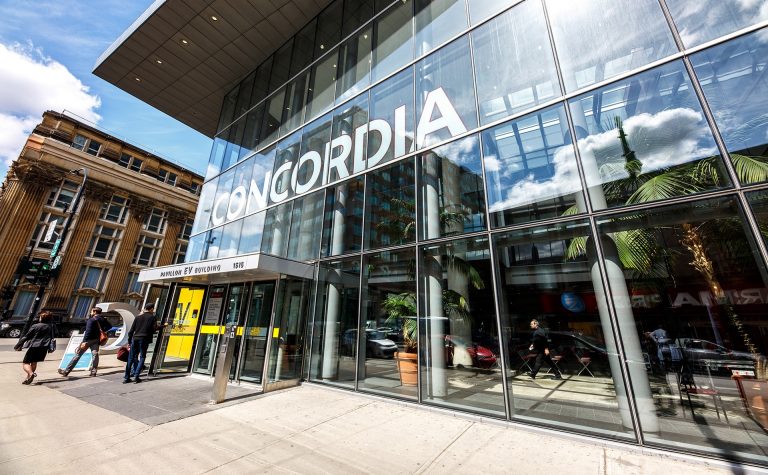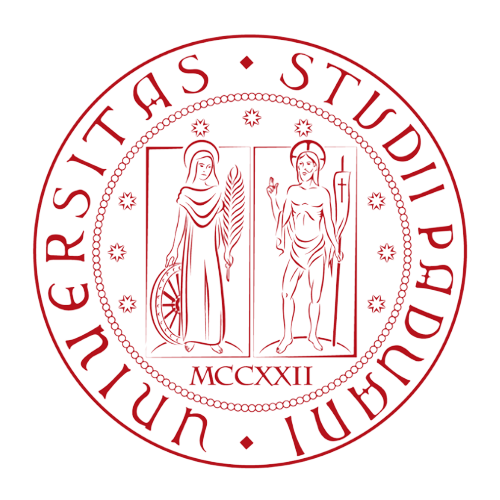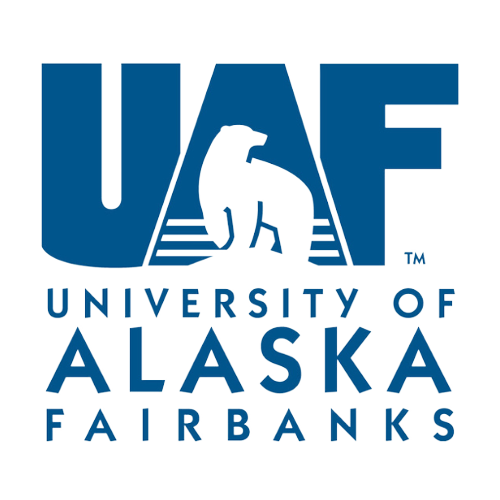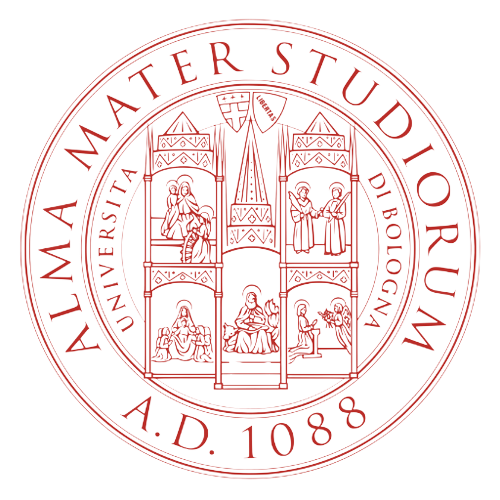The Master of Arts (MA) program in Theological Studies at Concordia University is designed to provide students with advanced knowledge and skills in the field of theology. The program focuses on the study of religious traditions, theological doctrines, and the critical examination of religious texts and practices.
Here is a general overview of the MA program in Theological Studies at Concordia University:
Core Courses: The program typically includes a set of core courses that cover foundational areas of theology. These courses may include topics such as biblical studies, systematic theology, historical theology, ethics, philosophy of religion, and religious studies methodologies. The core courses provide students with a solid foundation in the theological disciplines and frameworks.
Elective Courses: Students have the opportunity to choose elective courses based on their specific interests and research goals. These elective courses cover specialized areas within theological studies, such as comparative religion, spirituality, liturgical studies, feminist theology, liberation theology, or contemporary religious thought. Students can tailor their course selection to their particular areas of interest or specialization.
Research and Thesis: The MA program often includes a research component or a thesis requirement. Students have the opportunity to undertake independent research on a specific theological topic. They engage in advanced research, critically analyze theological texts and concepts, and produce a thesis that contributes to the existing body of knowledge in theological studies. The research component allows students to develop advanced research skills and demonstrate their ability to engage in scholarly inquiry.
Interdisciplinary Perspectives: The program may encourage students to explore interdisciplinary perspectives by taking courses or engaging in research that intersects with other academic disciplines such as philosophy, sociology, anthropology, or cultural studies. This interdisciplinary approach enriches students' understanding of religious phenomena and allows them to engage with diverse perspectives.
Seminars and Discussions: The program may offer seminars, discussions, and conferences where students can engage in scholarly dialogue, present their research findings, and receive feedback from faculty and peers. These sessions provide opportunities for intellectual exchange, critical analysis, and the development of research and presentation skills.
Professional Development: The program may provide professional development opportunities such as workshops, conferences, or internships related to theological studies. These activities offer students opportunities to connect with scholars and professionals in the field, enhance their presentation and publication skills, and gain practical experience in applied theological contexts.
It's important to note that the specific course offerings, research opportunities, and requirements may vary between academic years. For the most accurate and up-to-date information regarding the MA program in Theological Studies at Concordia University, I recommend referring to the official Concordia University website or contacting the Department of Theological Studies.
Show less














